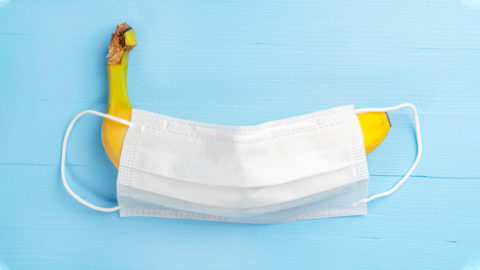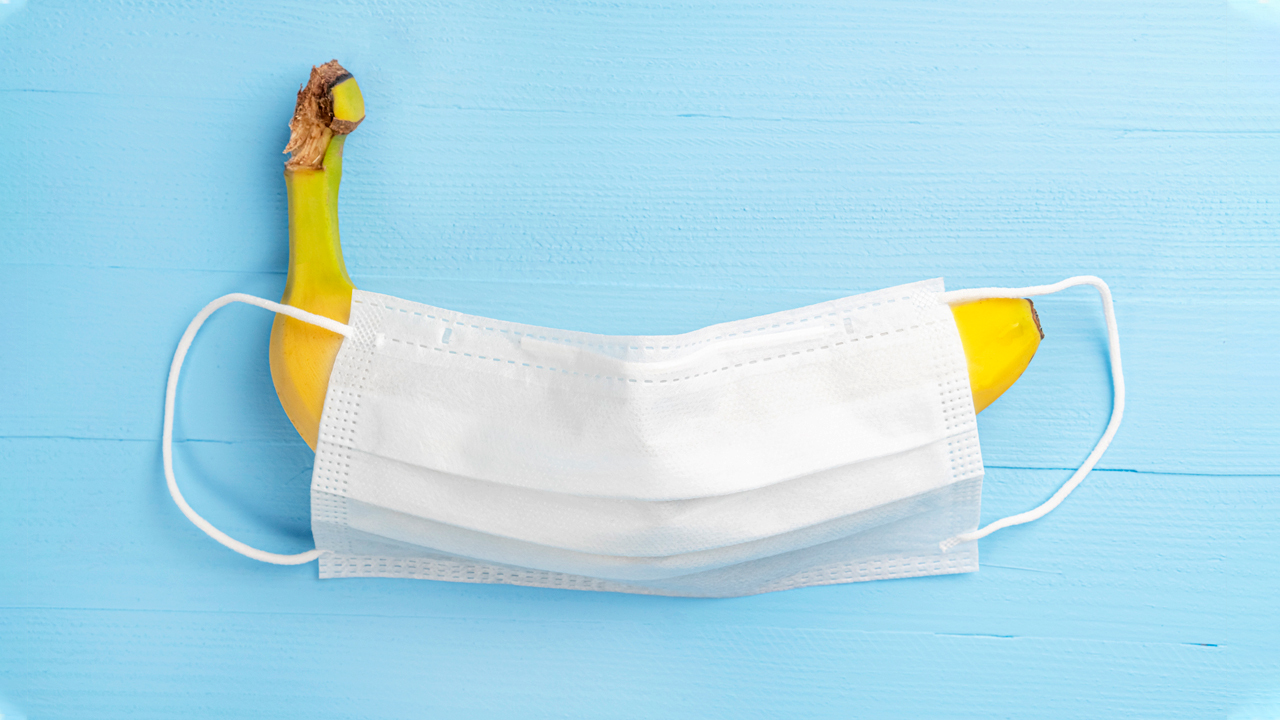Are Hook-Ups OK Now That Covid Restrictions Are Lifting?
Some experts are advocating for a 'harm reduction' approach to sex

I was settling into work one day when my best friend, who is single, called me in the throes of an ethical dilemma: Now that Covid-19 restrictions are lifting a bit, she asked me, was there a way to safely have sex with someone over the summer?
This friend is a busy single mom and it had already been awhile since the last time she’d been able to have sex when Covid-19 broke out. How realistic was it to potentially wait another year? And yet—how could she consider hooking up with someone when it might put the people in her life, including her two-year-old and her sixty-something parents, at risk?
I’ve heard the same question in different iterations from just about all of my single friends lately. (Dating during Covid is not exactly easy.) I told them what I thought seemed like a reasonable approach: We’re all human, sex is a need for most of us, and as long as they have some trust in their desired partner, it isn’t a wild thing to be considering at all. Were I single, I confessed, I probably would have already met up with someone.
But then I felt guilty, offering advice when I’m not a medical professional, so I called some people who know better than I do. Chief public health officer of Canada Theresa Tam said during a press conference on July 3 that, as with all things right now, it’s important to be cautious, aware and considerate.
“Like anything to do with social interactions in the Covid era, I would say think through everything to reduce your risk,” she says. The way to approach dating and sex, according to Tam, is slowly and carefully—and definitely to avoid hooking up if you’re sick. Tam stresses that she’s no dating expert, but she says it’s probably a good idea right now to start with dating virtually, where there is no risk of contracting or spreading the virus. Then, if you want to progress to meeting in person, plan to meet somewhere outdoors, where transmission of the virus is lower and distance can be maintained. Build trust from there.
Tam advises keeping your dating pool small right now, as with social circles in general. Covid-19 is known to spread through respiratory droplets and saliva, so hooking up with someone is a risky act. “This is a serious social contract with someone,” she says. “If you kiss someone, they’re now in your bubble. To me, that’s something to be taken seriously.”
And before even dating one person or small numbers of people, Tam stresses it’s crucial to assess your medical status and the status of anyone else you’re already close to. If you or someone else in your life are high risk, the decision becomes weightier.
However, realistically, not every hookup is going to be one that includes deep trust and emotional connection. Sometimes sex is a little more utilitarian, or it might be a service someone is providing to someone else. Dr. Jennifer Russell, chief medical officer of health in New Brunswick, says it’s possible to apply the principles of harm reduction to dating and sex in this time.
“Sex is a very normal part of life. It’s good for mental health, and taking a holistic approach is very important. We understand these are very normal parts of life that humans need to engage in for their wellbeing.” For many people, a prolonged period of abstinence just may not be possible or even healthy. So how do you mitigate risk?
“We have to normalize testing,” Russell says. Similarly to having regular tests for STIs, getting tested for Covid can reassure your partner that you take their health and safety seriously. Russell says even having one symptom, like a cough or fever, is reason enough to get tested.
In cases where sex is an exchange outside of an exclusive relationship, it’s a good idea to consider new ways of doing things, even breaking out some full-on PPE. Monica Forrester does outreach and runs a program for Indigenous workers with Maggie’s, the sex work action project in Toronto. This has been a challenging time for sex workers, she says, but they’ve been innovative as ever through this crisis.
“Many sex workers have found other ways to work such as online shows, camming and selling nudes,” she says. Client work has slowed down for these folks, partly because of increased policing on the street, but with the clients they do see many workers are taking precautions like a no kissing rule, sanitizing and mask-wearing throughout the session.
Russell says precautions like these won’t remove risk entirely, but they can help lower it. So can shortening your encounters, since less exposure means less likelihood of transmission. And Tam cautions people not to get “too enthusiastic” in this time of lifting restrictions and forget about the usual safety measures like condoms.
A recent study found the virus in semen, and while it’s not clear whether semen can actually transmit the virus, using a condom is always best practice. As far as we know right now, some acts may be safer than others. While the virus hasn’t yet been found in vaginal fluid, for example, it’s known to exist in feces. Rimming, then, may not be a super desirable act right now—but if it’s something you really want to do, dams are always an option.
In addition to taking the appropriate precautions, Russell suggests making sure you have a way to contact people you’ve had sex with, even if it was very casual or for work. This helps with contact tracing efforts: If one of you gets sick, you can at least warn each other and, by extension, your families and other loved ones. We’ll be living with Covid for a while, so it’s important that people make good choices with the freedoms they have now.
Ultimately, my single friends are figuring out how to navigate dating and sex in ways that work for them: They’re starting to date (one is even falling in love!) but they’re taking it slowly, getting to know each other outside in the sun, and making sure their partners are trustworthy. Maybe these are the changes the dating scene has needed for a while.




